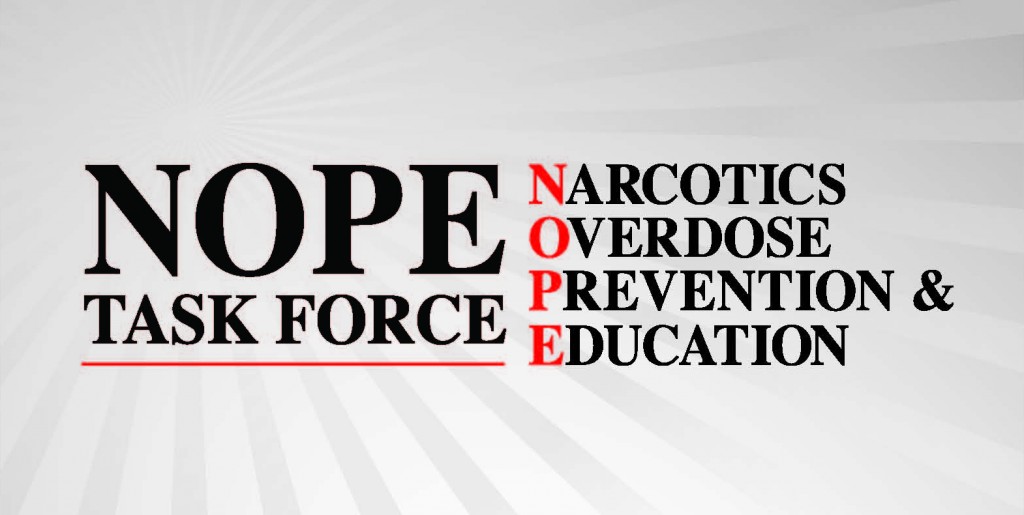by Karen Perry
[NOPE Task Force candlelight vigils are held every October, during Red Ribbon Week, a campaign created to raise awareness about alcohol, tobacco and other drug use. These candlelight vigils honor those who died of drug overdose.]
During the last week of October, NOPE Task Force organizes dozens of candle light vigils across the United States and Canada in memory of those lost to and those suffering from substance abuse.
We’ve done this for many years for one main reason: to raise awareness and open the doors to recovery by eliminating the prejudice that has followed the disease of addiction.
It’s a mission NOPE has supported since our founding a decade ago. But changing this attitude isn’t easy.
Too many people still think of addiction as a moral failing. In many circles, addiction is still spoken of in hushed tones, and patients and their families are considered weak and somehow deserving of their fate and are less worthy of our care. The stigma associated with the disease of addiction is one of the largest contributors to our nation’s drug overdose epidemic.
So how do we change this?
Let’s start by getting people into treatment. Many people who struggle with an addictive disorder fail to seek treatment, partially because of their fear that they will be labeled as an “addict,” and that the stigma will stick to them in both their professional and personal lives. If we removed the guilt and shame from the equation, more people would find it easier to make a realistic assessment of their substance problems and discuss it openly with health care providers.
The medical profession is another place to address stigma. For many years, doctors were slow to recognize addiction as treatable, and so patients were left to find help outside of the traditional medical community. Today, the medical community is recognizing unhealthy, addictive behavior as part of its focus on patients and applying evidence-based approaches in their practices. We need to make sure that continues and expands as advocated by the federal healthcare reforms.
Additional funding for drug treatment also should be factored in to fight stigma. As we know, there’s a huge impact and cost of addictive disorders on our society, but the funding for such treatment is disproportionately low compared to many other forms of medical illnesses. For many, the coverage that’s available is not sufficient, leaving them without the treatment needed at critical moments that can alter the course of their lives. In a world without stigma, addiction should be paid for on a level playing field with other medical problems.
Stigma follows people even in recovery, especially when it comes to employment, education, insurance, the ability to vote, and many other important aspects of living. Just because someone struggled with addiction in the past should not make life that much more difficult today.

Students and community members gather for a candlelight vigil at The Ohio State University on October 29. 2015 (photo courtesy of Wendy Lin).
Things have to change.
By eliminating stigma and prejudice, the tragic loss of life from drug and alcohol related deaths will diminish. With the removal of shame comes the hope for recovery and survival.
That’s what we’ll strive to accomplish during our vigils.
Join us in making this happen.
Learn about our vigils here: nopetaskforce.org/about-vigils.php
This article was originally published on nopetaskforce.org.

